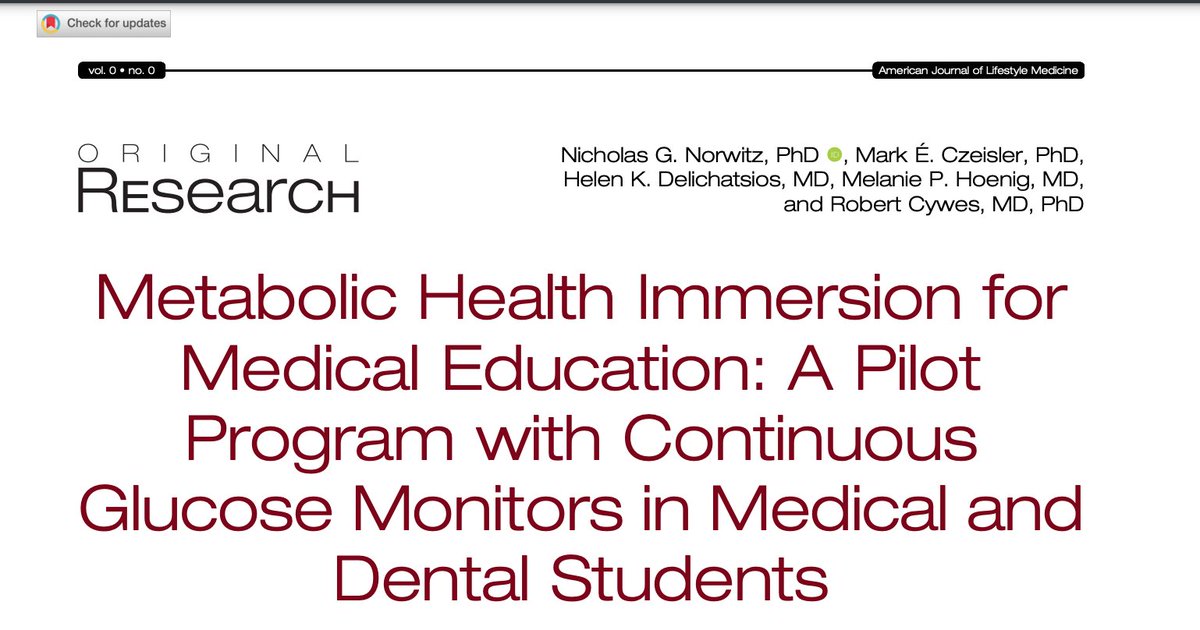
1/4) I want to unpack this quote from our #LMHR editorial
Operative word="CONSIDER"
LMHR are understudied, w/ nothing proven about 🫀 risk in this population
Thus all patients should consider available data IN THE CONTEXT of their n=1 medical situation
Operative word="CONSIDER"
LMHR are understudied, w/ nothing proven about 🫀 risk in this population
Thus all patients should consider available data IN THE CONTEXT of their n=1 medical situation
https://twitter.com/nicknorwitz/status/1589271162995224578?s=20&t=q3OcO-DrkkDWG7YjqYvImQ
https://twitter.com/WillMnrs/status/1591078229128974336
2/4) We are NOT making a blanket medical recommendation; we are doing the opposite!
We advocate that all parties - patient, doctors, and scientists - maintain an open mind on what is clearly on open, controversial, and critical issue
We advocate that all parties - patient, doctors, and scientists - maintain an open mind on what is clearly on open, controversial, and critical issue
3/4) This is not only the right thing to do, but it is the quickest way to progress
Open mindedness is a matter of reciprocity
Being dogmatic in either direction while data are outstanding, stalls progress
Open mindedness is a matter of reciprocity
Being dogmatic in either direction while data are outstanding, stalls progress
4/4) Finally, it's important to recognize that all physicians, scientists, and communicators can do is provide information
The choice is and should belong to the patient.
- Nick out (for now...)
The choice is and should belong to the patient.
- Nick out (for now...)
• • •
Missing some Tweet in this thread? You can try to
force a refresh
















